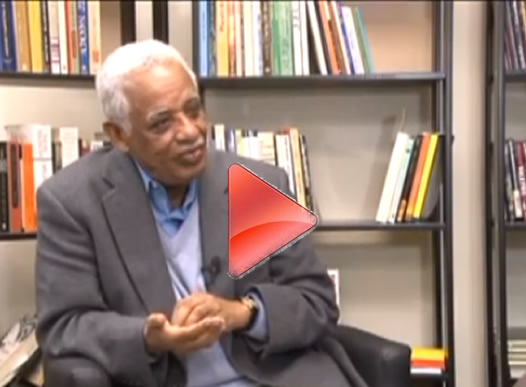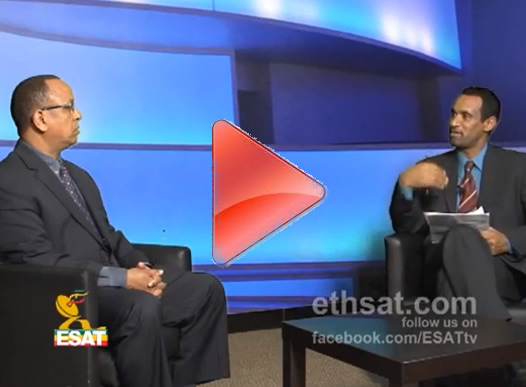Ethiopian credit tightening ‘temporary’
Addis Ababa, Ethiopia – Ethiopia’s recent tightening of lending to the private sector is a temporary measure to help the government bring inflation down from 45 to 16 percent, a top government official said here Friday.
Ethiopian Finance and Economic Development Minister Sufian Ahmed said the Central Bank’s tightening of lending to the private sector would only last between four and six months.
“In the last five to six months, inflation has been going down. We have had to fight using both fiscal and monetary instruments. The credit tightening is temporary until inflation starts slowing down,” the Minister told PANA.
Ethiopia still retains an upbeat economic focus for the year. The Minister said despite all the odds, the country’s economy was still on the path of achieving an impressive 11 percent growth rate for the year.
The Ethiopian minister said Ethiopia’s current financial crisis was a result of a similar crisis at the global level, an increase in the cost of oil imports in most parts of 2008 and other crucial imports into the country.
“We expect a double-digit economic growth this year. The challenges we face at the moment are as a result of the global financial crisis,” the Minister said on the sidelines of an Italian government conference on economic trends in Africa.
“If we still expect a double-digit growth despite the challenges we are facing, you can judge what type of challenges we are facing,” he added.
Ethiopia’s central bank, the National Bank of Ethiopia (NBE), has taken steps to limit bank lending by asking the local commercial banks to triple their reserve money requirements to 15 percent from 5 percent.
The move to limit bank lending was aimed at boosting foreign currency reserves, which have fallen to drastically low levels, leaving the country with just enough funds to cover for 1.6 months of imports.
Ethiopian Prime Minister Meles Zenawi said tightening the credit was done to avoid the possibility of using bank interest rates as the other tool to curb bank borrowing.
The government has also introduced measures to reduce money flow to the economy at just 8 percent to curtail inflation.
The measures are also expected to curtail the movement of money to the economy to less than 20 percent, from the 23 percent at the end of the last fiscal year,
“The credit tightening is temporary. When the inflation starts slowing down, the credit will start flowing,” the minister said.
Ethiopian bankers have welcomed the efforts to tighten the lending to the local market, saying this would help banks to stay afloat during the financial crisis.
The government hopes to relax the current tightening of the fiscal policy when inflation cools down within the next six months.
According to the Minister, inflation is expected to slow down to 16 percent by the end of the year and to a single-digit early next year.
Addis Ababa – 27/02/2009













